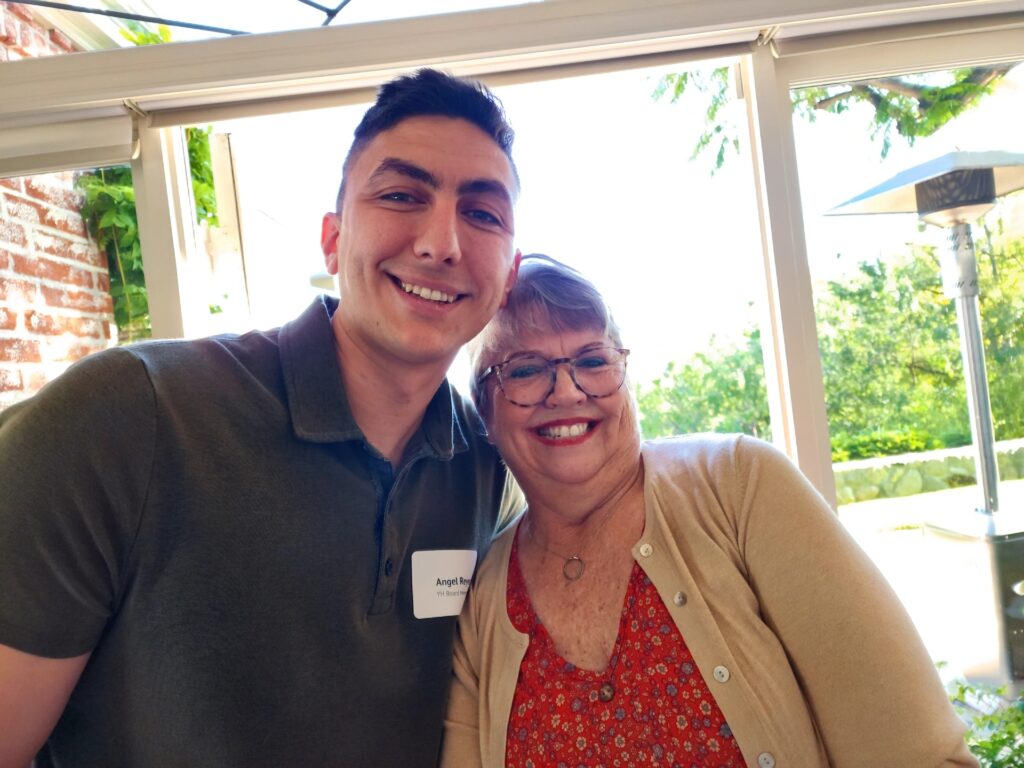
Health Policy Research Scholars (HPRS) is a national leadership program for doctoral students from underrepresented communities who wish to use their research to build healthier, more equitable communities. Fellows stay on at their home institutions while receiving training in leadership and health policy, mentorship and networking opportunities, and annual funding. A Robert Wood Johnson Foundation (RWJF) program, the Health Policy Research Scholar program accepts applicants from a diverse range of scholarly disciplines – from economics to agriculture – that seek to promote a culture of health.
We interviewed Angel Reyes, a current Health Policy Research Scholar, about his journey to public health research, what steps he took to focus his application, how the ethos of a Culture of Health has influenced his own research, and his best advice for anyone interested in the program.
Tell us about your background and professional journey. What led you to the Health Policy Research Scholars Program (HPRS)?
My background is in K-12 teaching and medicine with a lot of diverse experiences, which still help guide my decision-making processes today. I first gained my teaching experience from Pacifica High School’s 3-year Teaching and Educational Careers Academy, but it was not until college that I decided to pivot into sports medicine. Soon after that, I enlisted in the U.S. Army as an airborne medic, and from there I accumulated a massive amount of healthcare experience, wisdom, and knowledge.
Packaging everything together, I am happy that I ended up in public health because I am greatly interested in preventative population health interventions. The transition from individual care was easy because my prior experiences helped me appreciate all aspects of our public health system. Because my focus is now on population health, health policy is a significant tool in representing equity, fairness, and justice to communities in need, and the RWJF Health Policy Research Program allows me an in-depth look and how best to fight for those who cannot fight in the political arena.
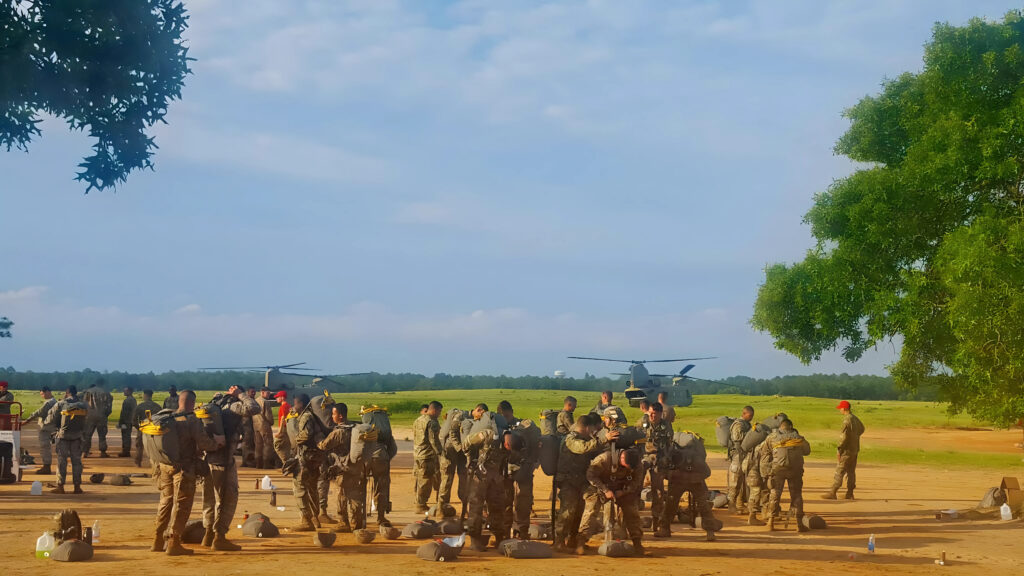
What was the application process like? What did you choose to emphasize, and were there any resources that were helpful?
For me, the application process was very nerve-racking because I really spent time focusing on representing my story to the best of my ability. Constant edits were necessary to polish the application for clarity. Clarity was the biggest issue for me because my life jumps around a lot even starting from childhood, so it was a big matter to keep the story coherent, easily followable, and to not just capture my life experiences in words, but also express it poetically.
I chose to emphasize that despite my circumstances, I made it a point to help others rather than just myself. The greatest mindset that I could ever prescribe to someone is that consistency and project management is the key to success because small measurable efforts toward a project (i.e. an application) within the deadline allows you to produce high-quality work while avoiding burnout.
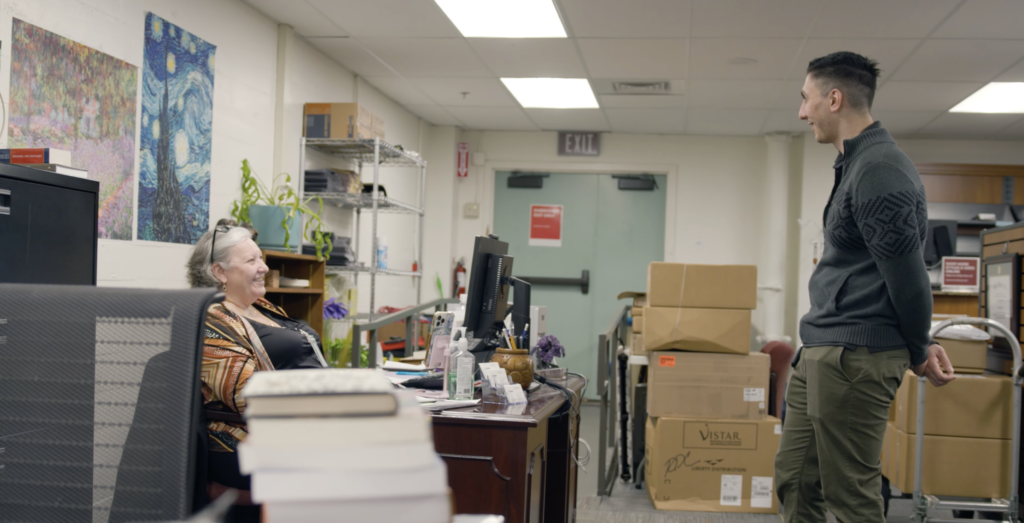
Can you describe what a week in the life of a Health Policy Research Scholar is like? How did it impact you?
To be in the Health Policy Research Scholars program is to belong to a community of like-minded individuals who share the same philosophy of fighting to make a difference within communities facing oppression in all of its forms. This program allows me to advance in my career because I am connected to individuals willing to give their time and effort to mentor and share wisdom to succeed. HPRS supports passionate, talented individuals and supports them as a home base, giving guidance in solving problems.
Beyond my doctoral coursework at Claremont Graduate University, my professional network has expanded through HPRS because I am introduced to cohorts of future change makers, and I have the opportunity to meet past cohort alumni, professional mentors, academic mentors, and a lot more. Overall, Health Policy Research Scholars is a community that supports one another and rallies under a single banner of support because we know that each fellow will make a difference and we recognize the need for HPRS changemakers to carry the flame forward into the darkness of inequity.
How did the program’s vision of developing “leaders equipped to build a culture of health” influence your work and research?
A culture of health represents a world without health disparity while pushing the boundaries of any individual’s opportunity for success to be a reality. HPRS equips us to develop this culture on all levels of government through expert-led training from academic staff from the Johns Hopkins University Bloomberg School of Public Health and current leaders in government. The curriculum spans over four years with built-in leadership development and policy projects, which focus on interdisciplinary engagement amongst scholars in very different specialties like agriculture and clinical research. This vision has influenced my work and research because now I can see how my own works play a role in “the aggregate” and how we are all connected –however separated we may think we are from one another.
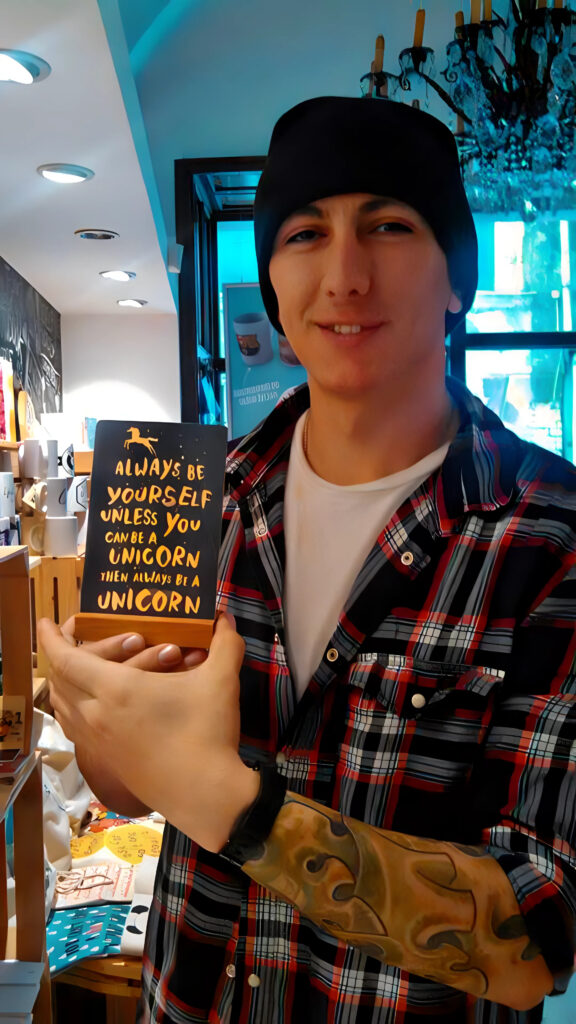
What advice do you have for others interested in becoming Health Policy Research Scholars?
My two greatest pieces of advice to those wanting to become a Health Policy Research Scholar are:
- “Always be yourself. Unless you can be a unicorn, then always be a unicorn.”
A lot of people may hear me say this, but I never really believe that they understand why I choose the word unicorn. I choose the word unicorn because it symbolizes your vulnerability to be different and to be openly looked upon by the world for that vulnerability. When you choose to infuse yourself into your work and share it with the world, then that is when you learn to become a unicorn as people are seldom willing to accept this level of vulnerability. - The purpose of the fellowship is to provide additional training and opportunities. Fellowships support people who are doing the work because organizations recognize that the opportunities lie in improving an individual’s impact. Given that we live in a world with limited resources, it is always important to understand the mission of the organization and highlight the work you are already doing for communities in need, because you will be looked upon as a reliable leader who will not give up on the mission. In the case of Health Policy Research Scholars, the mission is a culture of health. Secondly, think about how the fellowship would make the work you’re already doing so much more effective and impactful.
Interested in other public health fellowships? Sign up to discover more than 2,700 professional and academic fellowships in the ProFellow database!
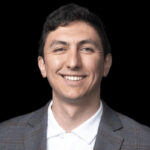
© 2024 ProFellow, LLC. All rights reserved.